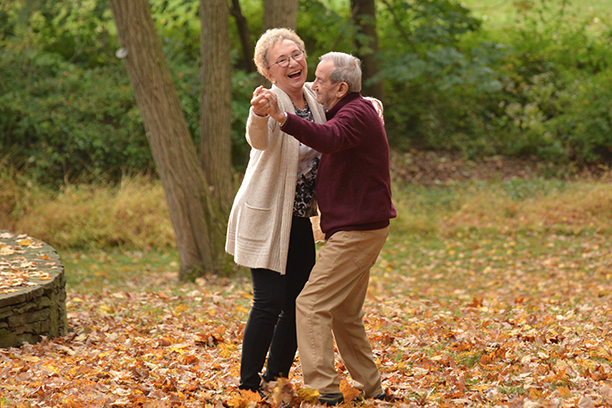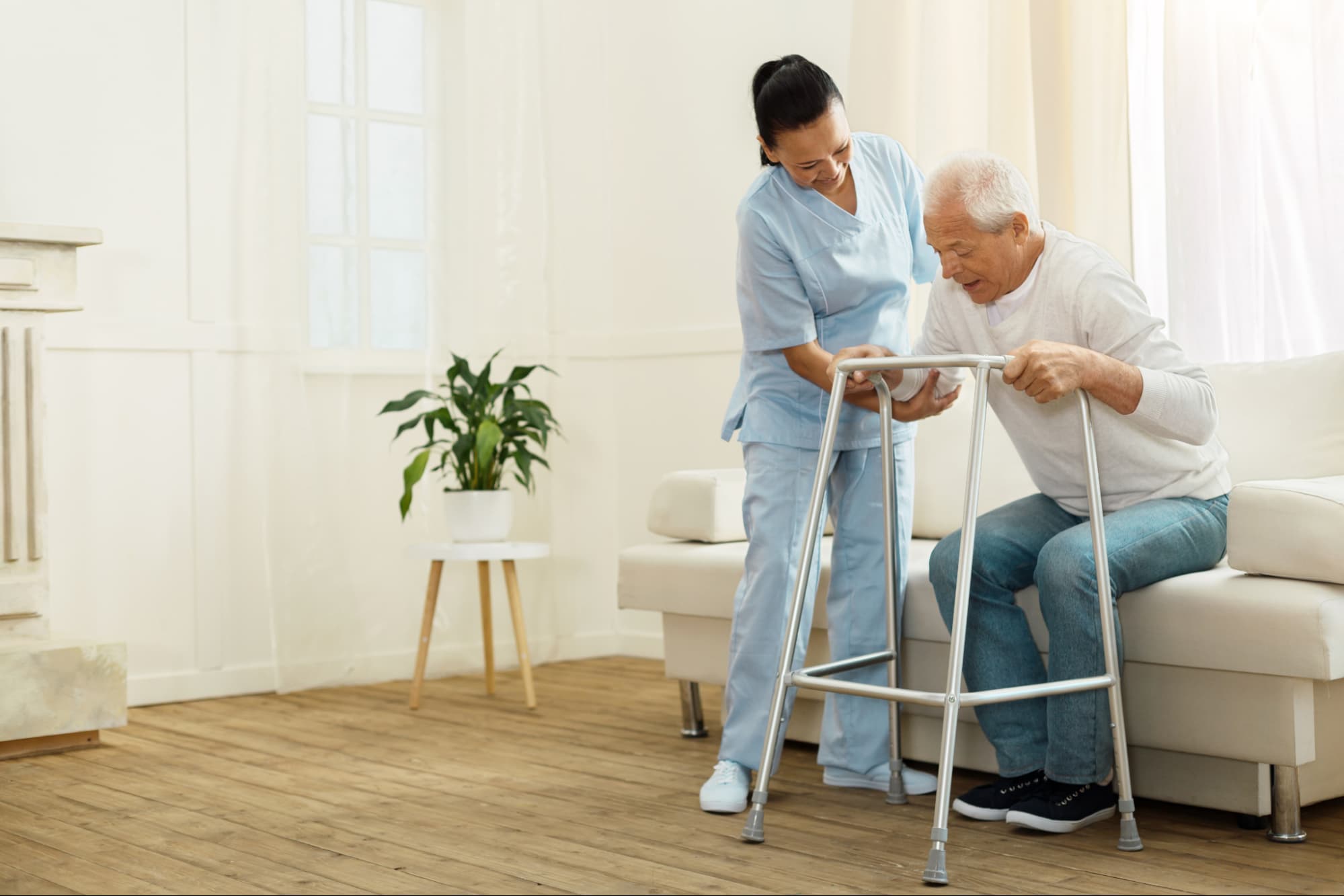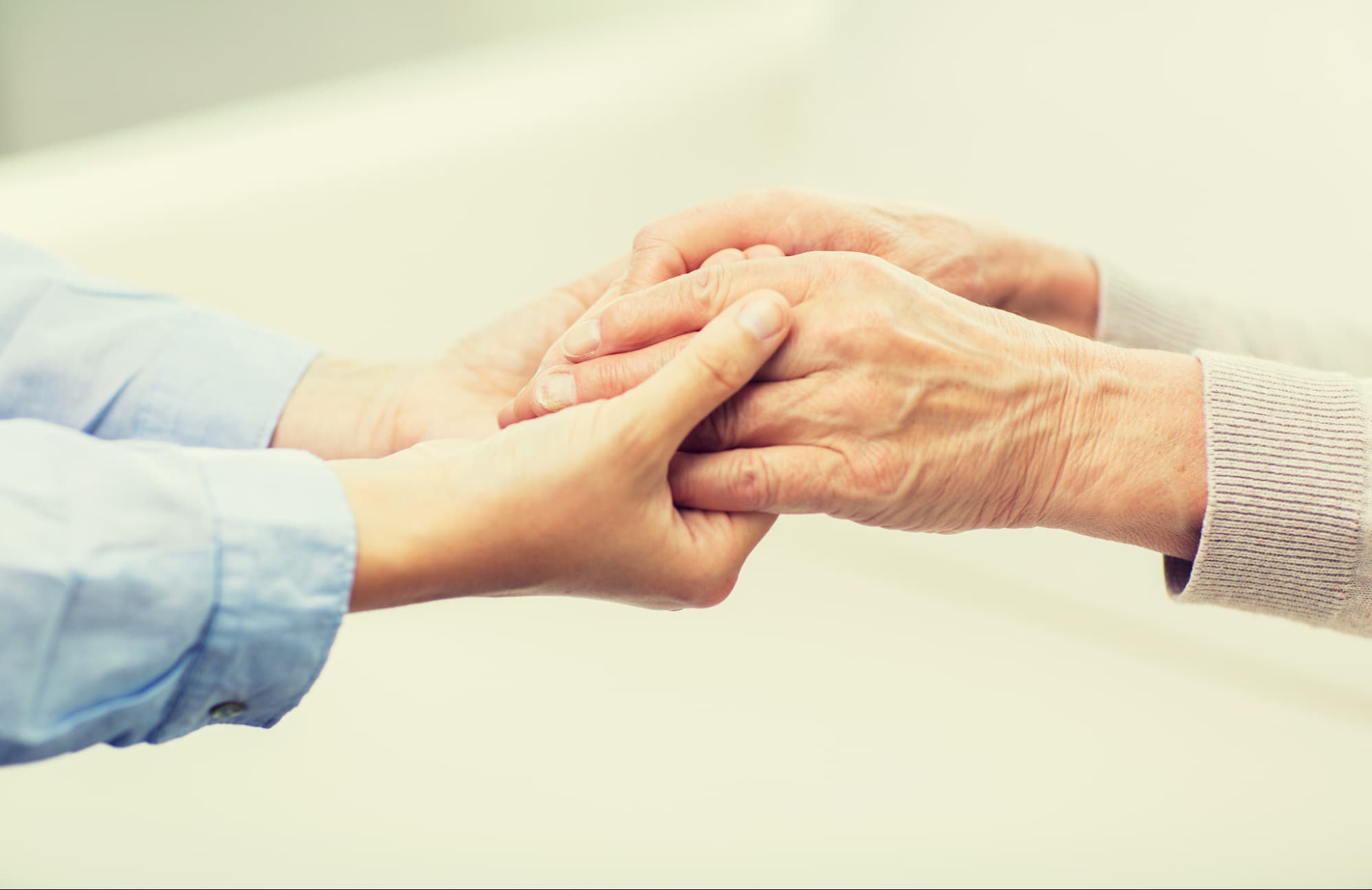
In-Home Care For Disabled Adults in Richmond And Midlothian, VA
About Visiting Angels Richmond, VA
Disability encompasses a wide range of conditions and experiences. Disability and aging are closely linked. Aging increases the likelihood of disabilities developing. However, it is important to remember a disability can occur at any age. Visiting Angels can provide care to disabled adults of any age.
Disability covers a diverse array of experiences. So we offer a diverse range of care.
The same disability can affect two people in very different ways. Our in-home care for disabled adults is personalized for your or your loved one's unique experiences. Ultimately, our goal is to improve disabled adults' quality of life. We maximize quality of life through compassion, respect, and a personalized approach.
By providing in-home care for disabled adults, we are able to give more independence to our clients and their families. Most people want to stay in their homes for as long as possible and often support is essential to do so. Visiting Angels is ready to be your partner to develop the most appropriate care plan for each specific case.
FAQ: How does home care for disabled adults work?
Our home care for disabled adults works similarly to our other care services. However, disability home care focuses on the specific challenges of disabilities. First, it starts with an assessment to determine needs. We sit down with the care recipient and the family and listen. We want to hear from you and about your experiences. We develop a caregiving roadmap to guide future care. We make recommendations on caregivers based on their experiences and qualifications. We will stay in contact to ensure the caregiver fulfills your needs and is satisfactory.
How Our Companion Services for Disabled Adults Can Help

FAQ: What is companion care?
Companion care differs from other in-home care providers and home health aides because they provide non-medical assistance. They are still part of a support team. They often fulfill the same duties and responsibilities of in-home care providers but with additional emotional support. All of our caregivers are compassionate individuals. However, companion caregivers' primary goal is to support their clients emotionally.
Companion caregivers support their clients emotionally through a combination of socializing, recreational engagement, and alleviating stress. Socialization is a huge contributor to quality of life. Remaining in one's community is one of the main reasons disabled adults want to stay in their home. A companion caregiver might plan and schedule social activities. They might provide transportation to community events. Or they might be a listening, caring ear when no one else is available.
Companion care is ideal for people living alone or those who live far away from family members. Companions can act as a line of communication with family members, medical professionals, or care team members.
Companion services for disabled adults can include:
- Light housekeeping
- Household chores such as washing clothes and dishes
- Meal preparation
- Transportation to appointments and other activities
- Medication reminders
- Help with errands
- Overnight monitoring and assistance
- Socialization and entertainment
- Companionship
- And more
Everyone is different, and everyone experiences disabilities differently. Let's go through the most common disabilities associated with aging and understand how companion services for disabled seniors can help.
Physical disabilities limit mobility
Arthritis is the leading cause of disability in the United States. It affects nearly 20% of adults. Simply put, it is the inflammation of joints causing pain, tenderness, and stiffness. It can range from mild to severe. There are also multiple forms of arthritis with unique characteristics.
How can a companion help in disability home care? In severe cases, a companion can help with transportation. In mild and moderate cases, a companion caregiver can help with prescribed treatments. It is important to remember that the companion would not be prescribing treatment. Instead, they act as a part of a wider medical network. They can encourage their care recipient to fulfill health regimens. They can assist with stretching and act as an accountability partner for exercise. They can take nutrient recommendations into account when preparing meals. Of course, they can help fulfill prescriptions and provide medication reminders. Staying physically active and healthy is difficult, but a companion can make it easier.
Mental disabilities associated with aging
There is a wide range of mental disabilities. The most common one associated with aging is memory decline. We do provide memory care and dementia care. However, a companion providing disability home care can still prove satisfactory, depending on your loved one's needs.
If your loved one finds it difficult to complete everyday tasks, then a companion can fulfill household chores and simple errands. If they are unable to drive, their companion can provide transportation. Wandering is a big concern for many families, especially if they cannot be there. A companion can prevent dangerous wandering and provide overnight monitoring for family members or care team members. Accompanying your loved one to appointments and reminding them of medication can help maintain their health. A difficult symptom of mental decline are sudden moments of confusion, anxiety, or irritation. A familiar companion can calm your loved one or ease their worries.
Sensory disabilities include vision and hearing
Low vision develops with age and cannot be remedied with glasses, medicine, or surgery. There are an estimated four million Americans living with low vision.
An in-home caregiver might help or supervise the addition of safeguards like high-contrast markers. High-contrast markers can be placed on stairs, doors, or other trouble areas to make the care recipient safer and more comfortable. A companion caregiver can also make text larger on personal devices, provide audiobooks, or share large print books.
Hearing loss is another major condition associated with aging. Seniors with low hearing are more susceptible to depression, isolation, and loneliness. Approximately one in three people between the ages of 65 and 74 experience hearing loss.
A companion can help them through noisy, distracting, and stressful environments such as doctor appointments or grocery stores. They can put closed captioning on personal devices. Hearing aids are a great help when used. A companion can ensure your loved one remembers and takes care of their hearing aids.
Disabilities can present unique challenges, but your loved one does not have to face them alone.
What does respite care mean in disability care

Home care for disabled adults often falls on a family member. If you are that primary caregiver, then you understand how rewarding and exhausting it can be. Especially if you are balancing other obligations. Respite care for disabled adults provides temporary relief to the primary caregiver. Without a break, you can experience burnout and a decline in health. It can be difficult to take time for yourself. You might be fighting feelings of guilt or selfishness. In reality, taking a break is one of the healthiest things you can do.
Respite care can provide all the care you're used to providing. The goal of respite care is to temporarily relieve you of responsibilities so you can recharge, rejuvenate, and recuperate.
Reviews
“Great people to care for your loved one in time of need. Wonderful to work for as well. Very caring staff” -Michele
“Loving caring staff. Always encouraging of mother in law navigating her senior years & love Vanessa” -Pamela
“Great company to work with! Always appreciate office staff's hard work to accommodate work schedules. Clients are pleasant to work with.” - Kathleen
There are two sides to caregiving: the recipient and the giver. We provide the support necessary for our caregivers to succeed.
Our Angels
Blogs
Curious about how disabilities play into aging? Want to know practical tips for helping your aging loved one? Here are some recommended blogs.
- How Do Disabilities Enter Into the Aging Process?
- Common Types of Arthritis in Seniors
- What Is Adult Day Care and Why In-Home Care May Be a Better Option?
- Caring For a Senior Parent With Low Vision
- Choosing the Right In-Home Care Agency: Four Qualities Not to Miss
You can also visit our YouTube channel or call us at 804-423-6500 for more information.
Areas We Serve
We've been proud to serve the greater Richmond Area for the last
18 years. We serve Midlothian, Richmond, Chesterfield, Henrico, and neighborhoods throughout the Southside of Richmond
If you’re interested in disability home care for you or a loved one, please contact us at 804-423-6500.
Serving Midlothian, Richmond, Henrico and throughout the Southside neighborhoods of Brandermill, and Bon Air
Visiting Angels RICHMOND, VA
9019 Forest Hill Ave #1CRichmond, VA 23235
Phone: 804-423-6500
Fax: 804-423-6533
